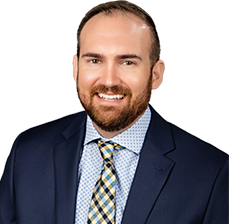A study published in the Journal of Community Health has found that nearly half of all protective service workers and military workers in Minnesota and across the U.S. suffered the consequences of short sleep duration in 2018. These two groups, the former of which include police officers and firefighters, are the most sleep-deprived of all occupation groups.
The study goes on to report that 45% of health care support workers, including home health aides and psychiatric aides, suffered from lack of sleep. After this came workers in the transportation and material moving industries at 41% and production workers, also 41%. Researchers point out that many of the drowsiest workers are those who are directly involved in maintaining the safety and health of others.
Poor sleep can lead to poor job performance and a higher risk for errors on the job. It is often linked with job insecurity and harassment in the workplace. The rising use of technology, which often keeps people up late into the night, can also be to blame.
The National Sleep Foundation recommends getting seven to nine hours of sleep for adults aged 26 to 64. With adequate sleep, workers can reduce their risk for not only dangers in the workplace but also conditions like obesity, cardiovascular disease and type 2 diabetes.
Drowsy workers can injure themselves on the job, but sometimes, employers who neglect workplace safety can contribute to accidents. Whatever the case may be, injured workers do have the ability to file for workers’ compensation benefits if their employer carries the insurance. These benefits can cover wage replacement and pay out for victims’ medical expenses and short- or long-term disability leave. Technically, no one’s negligence needs to be proven to be eligible, but employers can deny a claim. Victims may want a lawyer to assist with their claim.



